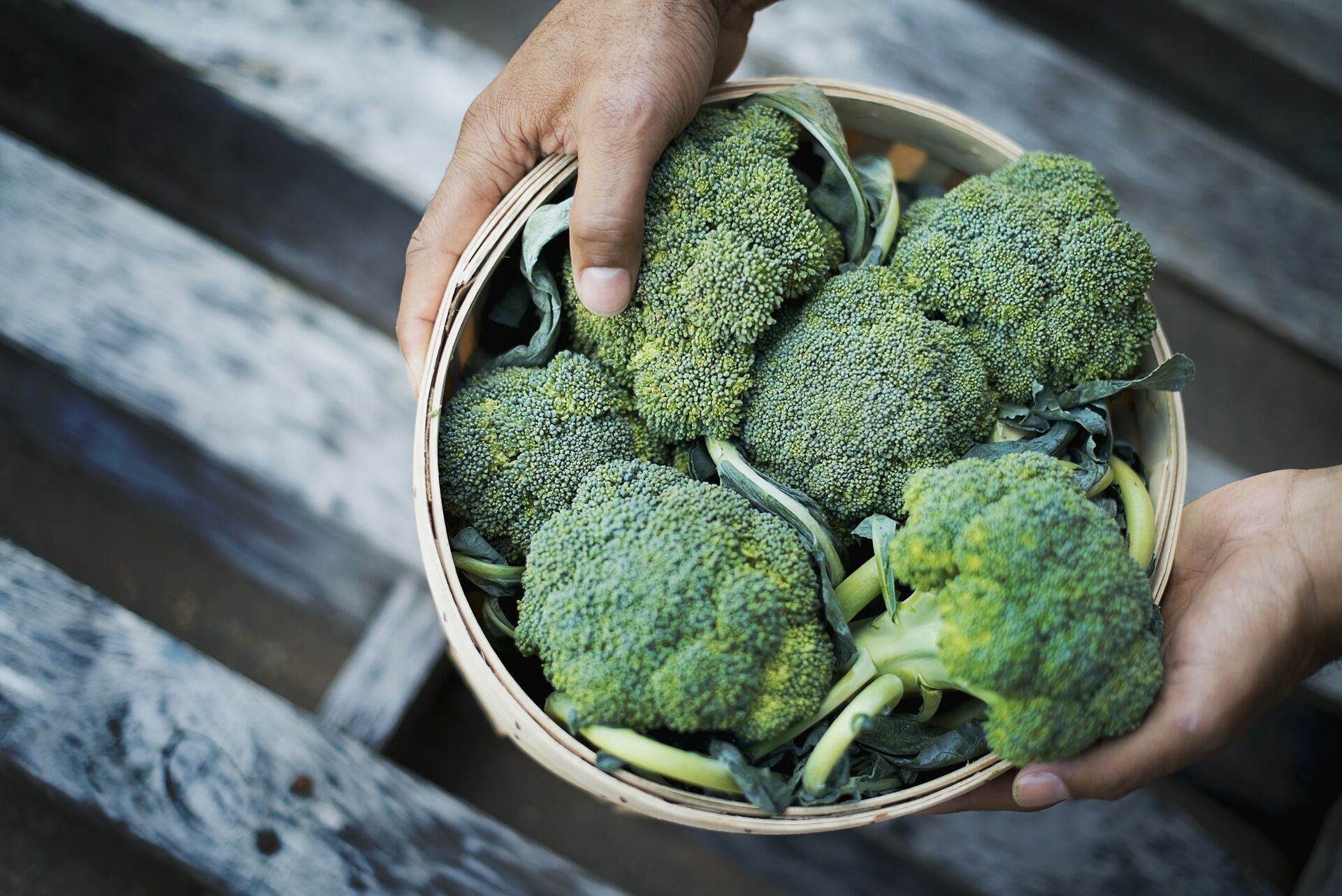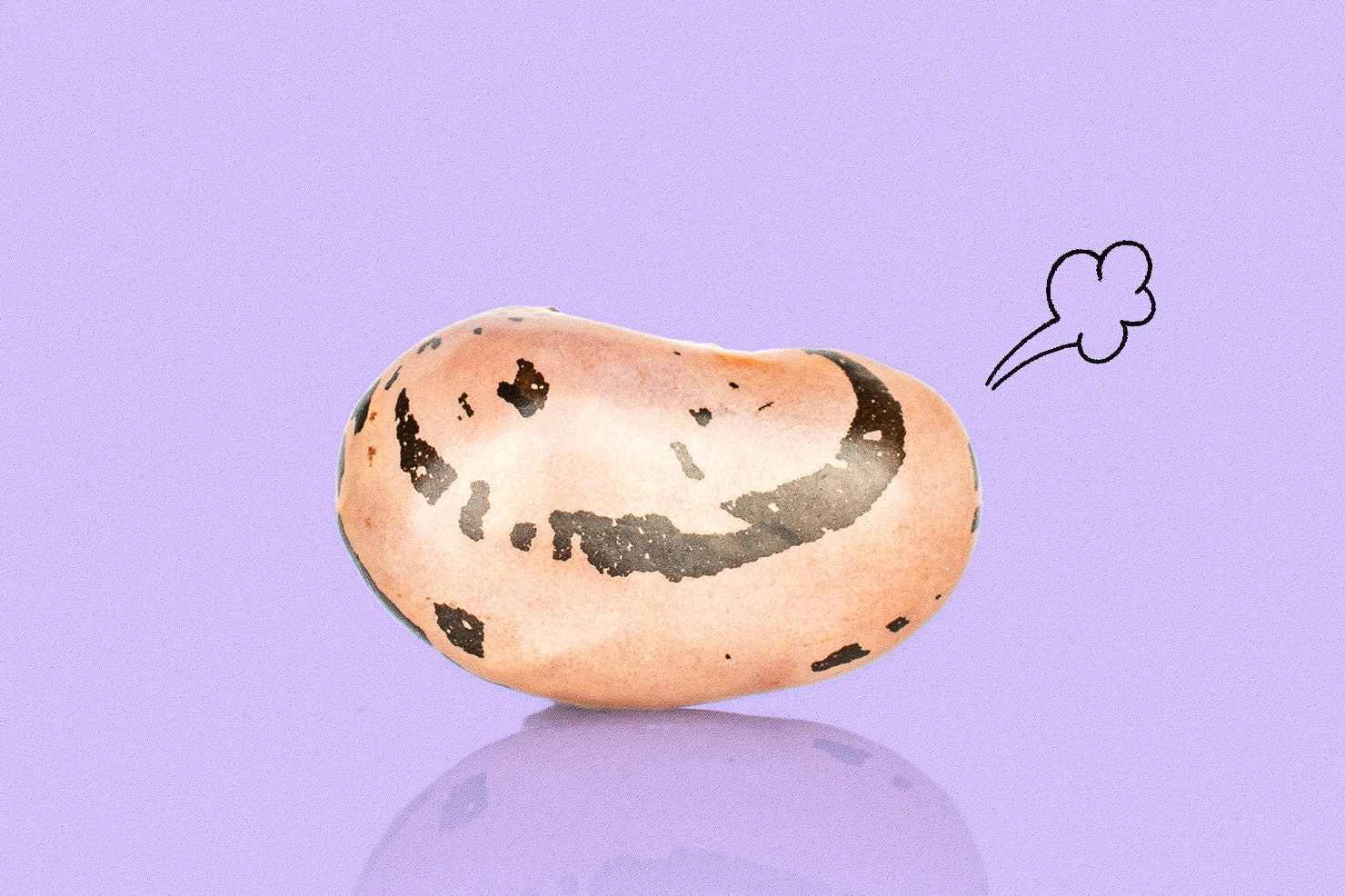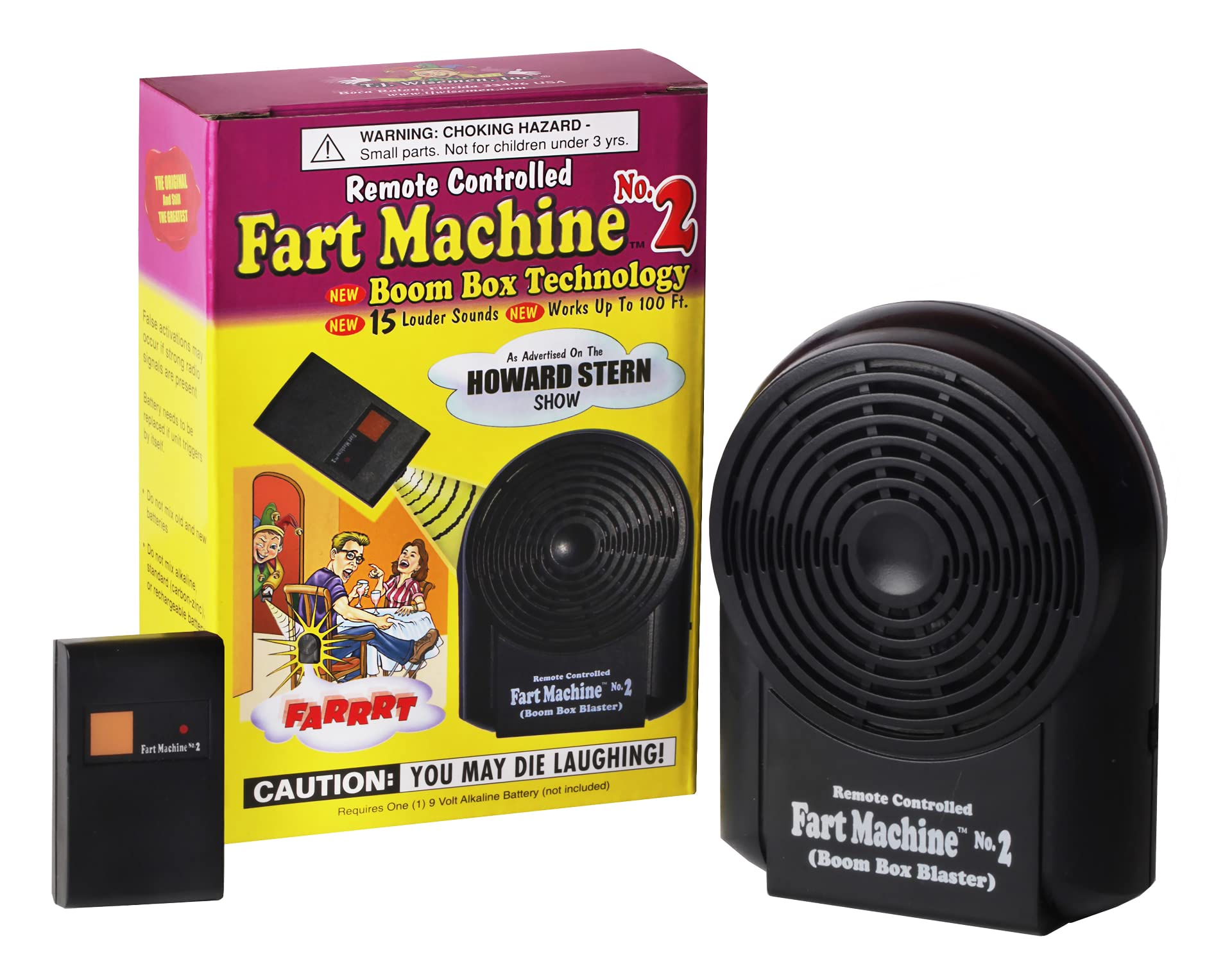

FAQs
Why Does Popcorn Make You Fart
Modified: August 5, 2023
Discover the answer to one of life's most puzzling general questions: Why does popcorn make you fart? Learn the science behind this common phenomenon.
(Many of the links in this article redirect to a specific reviewed product. Your purchase of these products through affiliate links helps to generate commission for Under-tec.com, at no extra cost. Learn more)
Table of Contents
Introduction
Popcorn has long been a beloved snack, enjoyed by moviegoers and snack enthusiasts alike. Its irresistible aroma and satisfying crunch make it a popular choice for snacking. However, there is a downside that many may have experienced after indulging in a bowl of popcorn – excessive flatulence. Yes, that’s right, popcorn can make you fart.
While it may seem like a strange and inconvenient bodily response, there is actually a scientific explanation behind why popcorn can lead to increased flatulence. Understanding the factors that contribute to this phenomenon can help us find ways to enjoy our favorite snack without the embarrassing aftermath.
So, why does popcorn make you fart? The answer lies in the unique characteristics and composition of popcorn, particularly its high fiber content and the presence of certain carbohydrates.
Throughout this article, we will delve deeper into the science behind popcorn-induced flatulence, exploring the role of fiber, the impact of starch, and the influence of artificial flavors and additives. Additionally, we will provide strategies to help reduce flatulence when consuming popcorn, allowing you to indulge in this tasty treat without any unwelcome side effects.
Understanding the Science Behind Popcorn
Popcorn is made from dried corn kernels that have been heated, causing them to pop and turn into the fluffy and tasty snack we all know and love. But what exactly happens during this popping process, and how does it contribute to the gassy aftermath?
The key lies in the high fiber content of popcorn. Fiber is an essential component of a healthy diet, aiding in digestion and promoting bowel regularity. However, some types of fiber can be challenging for the body to break down fully. This is where popcorn comes into play.
Popcorn contains a significant amount of insoluble fiber, which is the type of fiber that adds bulk to the stool and helps move waste through the digestive system. While insoluble fiber is beneficial for overall digestive health, it can also lead to increased gas production in the intestines.
When we consume popcorn, the insoluble fiber travels through the gastrointestinal tract, largely undigested. As the fiber reaches the large intestine, it interacts with the gut bacteria present in our digestive system. These bacteria ferment the fiber, resulting in the production of gas, specifically methane, carbon dioxide, and hydrogen.
This fermentation process is entirely natural and a normal part of digestion. However, when excessive gas is produced, it can lead to uncomfortable symptoms such as bloating, belching, and, unfortunately, flatulence. The quantity and intensity of flatulence can vary from person to person, depending on factors such as overall gut health, sensitivity to certain foods, and the amount of popcorn consumed.
Another factor that contributes to the science behind popcorn-induced flatulence is the presence of certain carbohydrates, namely starch. When popcorn kernels are heated, the starch inside undergoes a process known as gelatinization, where it absorbs water and swells. This swelling creates the characteristic “pop” and transforms the kernel into the fluffy snack we enjoy.
Starch is a complex carbohydrate, composed of long chains of glucose molecules. During digestion, enzymes break down starch into glucose, which is then absorbed into the bloodstream. However, some starch may escape digestion and reach the large intestine intact.
Once in the large intestine, undigested starch can be fermented by gut bacteria, leading to the production of gas. This starch-based fermentation can further contribute to the overall flatulence experienced after eating popcorn.
The Role of Fiber in Popcorn
Fiber plays a crucial role in our overall health, particularly in maintaining a healthy digestive system. It can be found in abundance in various plant-based foods, including fruits, vegetables, whole grains, and, of course, popcorn.
Popcorn is known for its high fiber content, which contributes to its numerous health benefits. Fiber is classified into two main types: soluble and insoluble. Soluble fiber dissolves in water and forms a gel-like substance, whereas insoluble fiber does not dissolve and adds bulk to the stool.
In popcorn, the majority of the fiber is insoluble fiber. This type of fiber passes through the digestive system largely intact, providing benefits such as promoting regular bowel movements and preventing constipation.
With its high fiber content, popcorn aids in regulating digestion. The insoluble fiber adds bulk to the stool, helping it move smoothly through the intestines. This, in turn, can prevent constipation and promote overall digestive health.
Furthermore, the fiber in popcorn can help to support a healthy gut microbiome. Our gut is home to trillions of beneficial bacteria that play a crucial role in digestion, immune function, and nutrient absorption. These bacteria rely on dietary fiber as a source of nourishment.
As the insoluble fiber from popcorn reaches the large intestine, it becomes a fuel source for the gut bacteria. They ferment the fiber, producing short-chain fatty acids (SCFAs) as a byproduct. SCFAs provide energy to the cells lining the colon and have anti-inflammatory properties.
While this fermentation process is beneficial, it can also lead to increased gas production in the digestive system, resulting in flatulence. The combination of insoluble fiber and the gut bacteria working to break it down contributes to the gas production that can be experienced after consuming popcorn.
It is important to note that the beneficial effects of fiber outweigh the potential inconvenience of flatulence. Including popcorn in your diet, along with a variety of other high-fiber foods, can provide numerous health benefits and support a healthy digestive system.
Increased Gas Production in the Digestive System
Have you ever wondered why consuming popcorn seems to cause an increase in gas and flatulence? The answer lies in the way our digestive system breaks down and processes the carbohydrates found in popcorn.
Popcorn contains carbohydrates in the form of starch, which is made up of long chains of glucose molecules. When we eat popcorn, our body begins to break down these starch molecules using enzymes produced by the salivary glands and pancreas.
During digestion, the enzymes work to break down the starch into smaller molecules that can be easily absorbed by the body. However, not all of the starch is fully broken down and digested in the small intestine. Some of it passes through to the large intestine, where it encounters the bacteria residing there.
The bacteria in our large intestine are capable of fermenting and metabolizing certain carbohydrates, including the undigested starch from popcorn. This process leads to the production of gases such as methane, carbon dioxide, and hydrogen.
The increased gas production in the digestive system is responsible for the bloating and flatulence that many experience after consuming popcorn. The gases produced by the bacteria can accumulate and cause the intestines to expand, leading to discomfort and the need to pass wind.
It is worth noting that the amount and intensity of gas production can vary from person to person. Factors such as the individual’s gut microbiome, digestive health, and tolerance to certain carbohydrates can all influence the extent of flatulence experienced.
Additionally, consuming large quantities of popcorn or eating it quickly without chewing thoroughly can exacerbate the issue. When popcorn is not properly chewed, larger pieces of the snack can reach the large intestine, providing more substrate for the bacteria to ferment and produce gas.
While increased gas production in the digestive system can be uncomfortable, it is a normal part of the digestive process. Finding a balance between enjoying popcorn and managing the side effects of flatulence may involve adjusting portion sizes and eating at a pace that allows for proper digestion.
Understanding the link between popcorn consumption and increased gas production can help individuals make informed decisions about their snacking habits and find ways to mitigate discomfort if necessary.
The Impact of Starch on Flatulence
Starch is a complex carbohydrate found in various foods, including popcorn. When it comes to flatulence, the presence of starch in popcorn can play a significant role in increasing gas production in the digestive system.
Starch is made up of long chains of glucose molecules, which are typically broken down by enzymes in the small intestine. However, not all starch is fully digested and absorbed at this stage. Some of it reaches the large intestine in its undigested form.
Upon reaching the large intestine, undigested starch becomes a substrate for the gut bacteria residing there. These bacteria have the ability to break down and ferment starch, leading to the production of gases such as methane, carbon dioxide, and hydrogen.
The fermentation of starch by gut bacteria can contribute to the increased flatulence experienced after consuming popcorn. The gases produced during this process can accumulate in the intestines, leading to bloating and the need for passing gas.
It’s worth noting that the impact of starch on flatulence can vary from person to person. Some individuals may have a higher tolerance to the fermentation process and experience less gas production, while others may be more sensitive to the effects of starch and experience more pronounced flatulence after consuming popcorn.
Furthermore, the degree of starch gelatinization during the popping process can also influence the impact on flatulence. The higher the gelatinization, the more accessible the starch becomes to enzymes during digestion, reducing the amount of undigested starch reaching the large intestine.
Interestingly, the impact of starch on flatulence can be influenced by other factors as well. For example, consuming popcorn alongside other foods that contain fiber or certain sugars can affect how starch is broken down and absorbed. The presence of fiber can slow down the digestive process, allowing for more complete starch digestion and reducing the potential for excess gas production.
Overall, while starch in popcorn can contribute to increased gas production and flatulence, the degree of impact can vary based on individual factors and how the popcorn is prepared and consumed. Being aware of these factors can help individuals make informed choices and better manage the potential discomfort of flatulence when enjoying popcorn as a snack.
The Influence of Artificial Flavors and Additives
When it comes to popcorn, many individuals enjoy a variety of flavors and seasonings to enhance the taste. However, it is important to consider the impact of artificial flavors and additives on flatulence and digestive health.
Artificial flavors and additives are commonly used in pre-packaged popcorn to create unique and enticing flavors. These additives can include artificial flavorings, preservatives, colorings, and other chemicals that enhance taste, texture, and shelf life.
While these additives may make the popcorn more appealing, they can also have an influence on flatulence. Some artificial flavors and additives may disrupt the natural balance of the gut microbiome, leading to changes in digestion and potential gas production.
In addition, certain additives, such as artificial sweeteners like sorbitol or maltitol, can have a laxative effect and can contribute to increased gas and bloating. These sugar substitutes are not fully absorbed by the body and can pass into the large intestine, where they can be fermented by gut bacteria, leading to the production of gas.
Furthermore, some additives used in popcorn, such as monosodium glutamate (MSG), can have an impact on digestive health. MSG is a flavor enhancer commonly used in savory snacks, including popcorn. While it is generally recognized as safe for consumption, some individuals may be sensitive to MSG and experience symptoms such as bloating, gas, and indigestion.
It is important to note that not all artificial flavors and additives will have the same effect on everyone. Some individuals may be more sensitive to certain additives than others, and their impact on flatulence and digestive health can vary from person to person.
To mitigate the potential impact of artificial flavors and additives on flatulence, individuals can opt for popcorn made with natural ingredients and minimal additives. Choosing plain popcorn or flavors derived from natural ingredients like herbs and spices can reduce the likelihood of experiencing excessive gas or digestive discomfort.
Ultimately, being mindful of the types and amounts of artificial flavors and additives in popcorn can help individuals make informed choices that support both their taste preferences and digestive well-being.
Strategies to Reduce Flatulence when Consuming Popcorn
While popcorn may be a delicious and enjoyable snack, the flatulence that can follow can be uncomfortable and embarrassing. Fortunately, there are strategies you can implement to help reduce flatulence when consuming popcorn.
1. Gradually increase your popcorn intake: If you’re not accustomed to consuming popcorn regularly, it’s best to start slowly. Gradually increase your portion size over time to allow your digestive system to adjust to the higher fiber content. This can help minimize the risk of excessive gas production and flatulence.
2. Chew your popcorn thoroughly: Properly chewing your popcorn can aid in the digestion process. Chewing breaks down the food into smaller pieces, making it easier for enzymes to access and break down the starch and fiber. When you chew your food thoroughly, you reduce the chances of larger undigested pieces reaching the large intestine, where they can contribute to increased gas production.
3. Pair popcorn with other foods: Combining popcorn with other foods that contain soluble fiber can help slow down digestion and provide a more balanced nutritional intake. Soluble fiber can help regulate the digestive process and reduce the risk of excessive gas production. Consider enjoying your popcorn with fruits, vegetables, or a small portion of protein.
4. Opt for natural flavors: Many pre-packaged popcorn options come with artificial flavors and additives that can exacerbate flatulence. Choosing plain popcorn or flavors derived from natural ingredients can minimize the impact on your digestive system. Consider seasoning your popcorn with herbs, spices, or a sprinkle of sea salt for a delicious and healthier alternative.
5. Stay hydrated: Drinking an adequate amount of water throughout the day can support healthy digestion and promote regular bowel movements. Water helps to soften stool and move it more efficiently through the intestines. Proper hydration can also help prevent constipation, which can contribute to bloating and flatulence.
6. Be mindful of portion sizes: Moderation is key when it comes to enjoying popcorn without experiencing excessive flatulence. Keep portion sizes in check and avoid overindulging. Pay attention to your body’s signals of fullness and stop eating when you feel satisfied.
7. Consider digestive aids: If you find that flatulence is a consistent issue when consuming popcorn, you may consider utilizing digestive aids such as over-the-counter enzymes or probiotics. These supplements can help support healthy digestion and alleviate some of the discomfort associated with excessive gas production.
By implementing these strategies, you can enjoy your popcorn without the worry of excessive flatulence. Remember, everyone’s digestive system is different, so it may take some trial and error to find the best approach that works for you.
Conclusion
Popcorn, with its irresistible aroma and satisfying crunch, is a beloved snack enjoyed by many. However, it’s important to understand that this tasty treat can sometimes come with an unpleasant side effect – excessive flatulence. Understanding the science behind why popcorn makes you fart can help you navigate and minimize the discomfort.
The high fiber content in popcorn, particularly insoluble fiber, plays a significant role in increased gas production. The fiber interacts with gut bacteria during the fermentation process, resulting in the production of gases such as methane, carbon dioxide, and hydrogen, which can lead to flatulence.
In addition to fiber, the presence of starch, both gelatinized and undigested, contributes to the gas production and flatulence experienced after consuming popcorn. The gut bacteria ferment the starch, producing even more gases in the digestive system.
Artificial flavors and additives can also have an impact on flatulence. Some additives disrupt the balance of the gut microbiome, leading to changes in digestion and potential gas production. Artificial sweeteners and certain food additives can contribute to increased flatulence and digestive discomfort.
However, there are strategies you can implement to reduce flatulence when enjoying popcorn. Gradually increasing your popcorn intake, chewing thoroughly, pairing with other foods, opting for natural flavors, staying hydrated, watching portion sizes, and considering digestive aids can all help mitigate the effects of flatulence.
Everyone’s digestive system is unique, so it’s important to find the approach that works best for you. Balancing your love for popcorn with mindful consumption and understanding your body’s responses can allow you to enjoy this delicious snack without sacrificing comfort.
So, the next time you settle in for a movie night or enjoy a bowl of popcorn, remember these insights, and savor the flavor while keeping excessive flatulence at bay.










